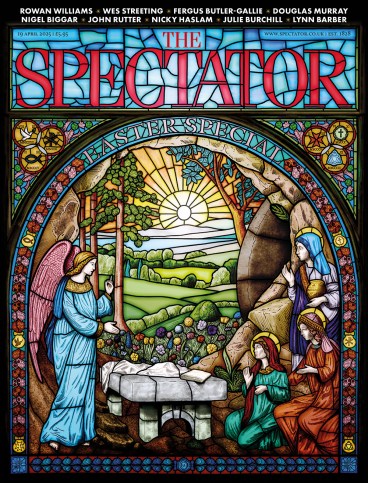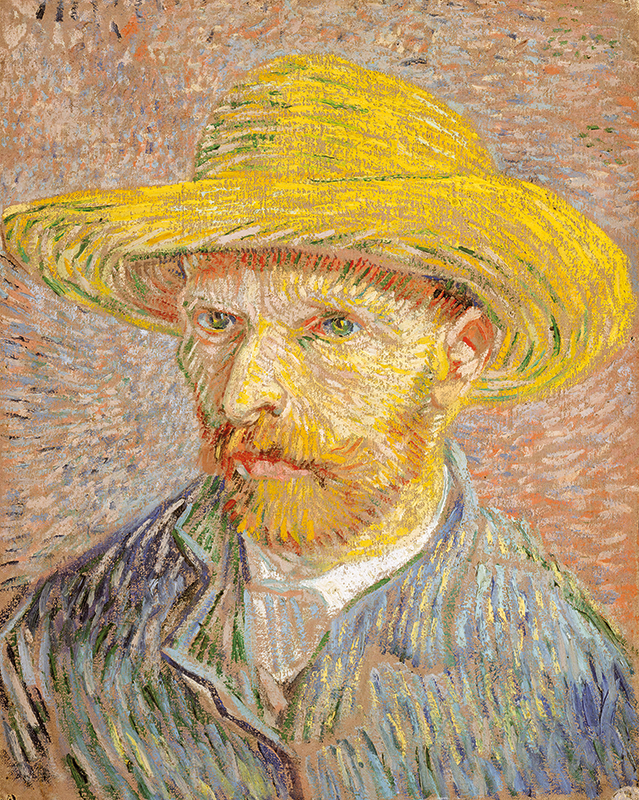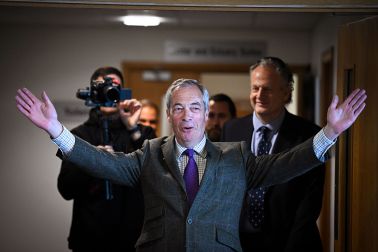
Six months before Vincent van Gogh’s death, the critic Albert Aurier, waxing poetical, wrote an article entitled Les Isolés on the then unknown painter. It raised to sainthood the solitary genius driven to insanity by an uncomprehending world. ‘Is he not one of the noble and immortal race which the common people call madmen but which men among us consider sort of saints?’ The man had already become myth. His life would be a sacrament and his suicide a reproach. It has remained that way ever since.
Miles J. Unger thinks otherwise. He recasts our hero as the very opposite of isolé, a painter whose stylistic development was totally dependent on the artists and influences surrounding him in Paris. As for sainthood, what emerges is a Donald Trump or an Elon Musk, a thin-skinned master of coercive control disrupting those around him by the judicious use of rages, sulks, religious high-horsery and entitlement.
Vincent would talk non-stop, day and night, even shaking Theo awake if he fell asleep
After the pastor Theodorus van Gogh was attacked by his oldest son with a knife, he sensibly wanted him committed; but Vincent refused. Responsibility for the Great Disruptor was assumed by his hero-worshipping younger brother Theo, who supported Vincent both financially and emotionally for the rest of his life. Vincent, who never earned a penny, abused and belittled Theo for kowtowing to Mammon while (Unger tritely repeats several times – who edited this book?) biting the hand that fed him.
Fire in the Soul focuses on the years 1886-88 when the brothers lived together in Paris, during which time Vincent transformed from the plodding painter of social protest into the towering genius of universal vision, and Theo came close to breakdown.









Comments
Join the debate for just £1 a month
Be part of the conversation with other Spectator readers by getting your first three months for £3.
UNLOCK ACCESS Just £1 a monthAlready a subscriber? Log in